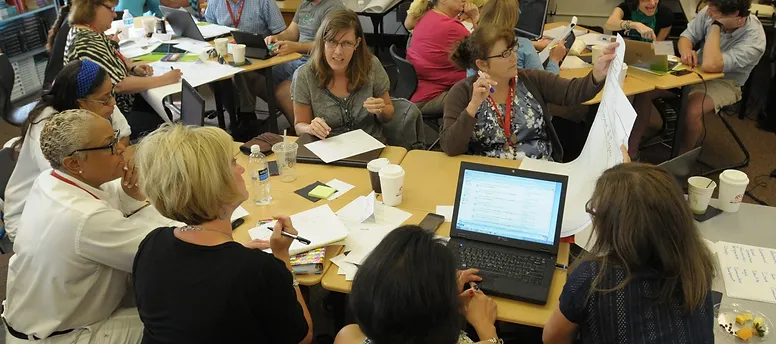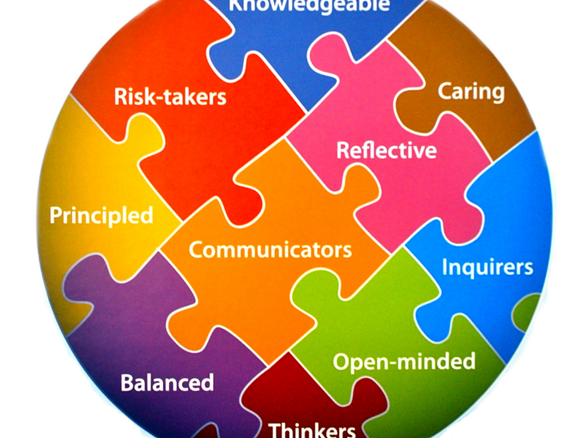Updated: Apr 4, 2023
(About the Zulu greeting, Sawubona) “It invites us to communicate why are we here at the same time? What has this moment in time given us?” – excerpt from interview with Orland Bishop, Director of The Shadetree Multicultural Foundation

What is Intercultural Understanding?
Schools across the globe strive to create caring cultures within their walls. Because we exist in a global society, thinking about what concepts could naturally bring relevance to creating such a culture, we can look to intercultural understanding as a focus and ask, “How can we nurture intercultural understanding so as to contribute to the creation of caring cultures in our schools?”
The American Heritage® Science Dictionary defines caring and culture as:
Caring- Feeling and exhibiting concern and empathy for others
Culture- The totality of socially transmitted behavior patterns, arts, beliefs, institutions, and all other products of human work and thought. Culture is learned and shared within social groups and is transmitted by nongenetic means.
We can then picture a caring culture as one where the shared beliefs include experiencing and demonstrating concern and empathy for one another. Intercultural awareness requires really seeing each person as a unique individual and exhibiting an openness to shared experiences. When we reflect on creating caring cultures, being student-centered, considering the whole child, and striving to build a sense of belonging, all stand out from the research, models, and scholarly articles on the subject. Each of these ideas asks that we see each other. The type of seeing that is needed can be described by the Zulu greeting “Sawubona” (“We see you”). Sawubona is an invitational acknowledgement and agreement that all are present in sharing and appreciating the time together and open to the potential the encounter offers. It requires seeing others’ feelings and aspirations. This type of inercultural communication expresses a curiosity about others’ journeys that formed those feelings and the thinking that has inspired those aspirations. The “We” meaning in the greeting speaks to the ancestors of all the parties involved, acknowledging that one’s familial heritage and culture is present and influential in their being. This Zulu greeting can inspire us because it requires that everyone be compassionate inquirers and open-minded, reflective thinkers that desire to see the true humanity in every individual encountered.
Why is Intercultural Understanding Important?
Whether a school has a diverse or homogeneous culture, in today’s world, the importance of intercultural understanding in the classroom is essential to a caring culture. On the local level, every person brings their culture with them to the school like a mosaic of their personal histories. In schools with cultural diversity, thought must be put into how varying cultures can harmoniously blend so as everyone is acknowledged, valued and celebrated. In either case, the possibilities of how to ensure that each person experiences cultural understanding, equity, belonging, support for effective learning, and a spirit of celebration of diversity must be contemplated. Globally, we need intercultural understanding and awareness because of our interdependence for a sustainable world inclusive of areas such as the environment, technological connections, health issues (like pandemics), socio-political arenas, economic impact, and the quest for peace.
How to Create Intercultural Understanding
The next question is often how do we act in ways to nurture and teach intercultural understanding for an effective, caring and considerate learning environment? The Australian Curriculum has integrated intercultural understanding and communication into their content descriptions and utilizes a model with three main elements:
1. Recognizing culture and developing respect
2. Interacting and empathizing with others
3. Reflecting on intercultural experiences and taking responsibility
In our next blog entry, Nurturing Intercultural Understanding we explore each of these elements further and discuss how intercultural understanding involves a journey into developing knowledge, acquiring capabilities to act, and nurturing dispositions that appreciate and respect others. Follow along with the rest of our blog series for more helpful tools and educational resources.





